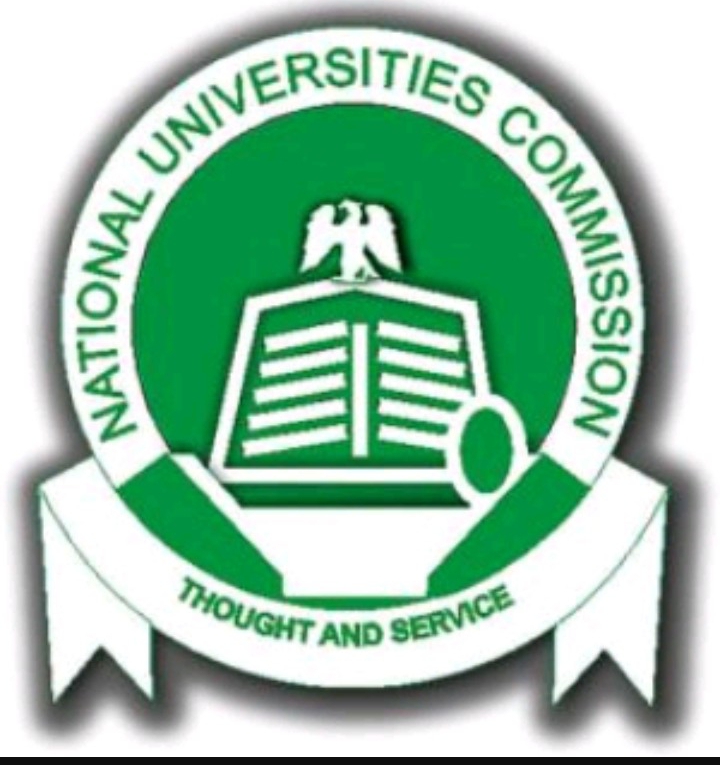The National Universities Commission (NUC) says it has uncovered 32 institutions operating illegal and unethical honorary doctorate schemes, warning that sanctions are imminent to safeguard the country’s higher education standards.
The Executive Secretary NUC, Prof. Abdullahi Ribadu, who made this known during a press conference in Abuja, expressing concern over what he described as rampant misuse of honorary degrees by both institutions and recipients.
His comments came after a Committee set up by the NUC to probe Awards and Public Misuse of Honorary Doctorate Degree by Recipients submitted its report.
According to the Committee’s findings, the 32 offending bodies include 10 foreign universities, four unlicensed institutions within Nigeria, 15 professional organisations without degree-awarding rights, and three additional bodies that lack legal authority to confer academic honours.
Ribadu reaffirmed the Commission’s existing ban on the award of honorary doctorate degrees to serving public officials, stating that no office holder qualifies until leaving government service.
He added that breaches span federal, state, and private institutions, noting that many had ignored the Keffi Declaration of 2022 — an agreed framework by vice chancellors outlining rules for best practices in granting honorary degrees.
One provision of the declaration bars serving public officials from receiving honorary doctorates and prohibits self-nominations.
Ribadu cited the award recently conferred on former President Goodluck Jonathan by Nile University as a case of proper compliance, explaining that ideally, honorees should be individuals long out of public office.
He also revealed plans to work with the National Assembly to introduce legislation that would criminalise improper awarding and misuse of honorary doctorates.
The NUC executive commended the committee chaired by Prof. Kabiru Bala for producing what he described as a comprehensive document detailing the disturbing growth of honorary degree mills nationwide.
He condemned the rising practice of individuals paying for honorary doctorates and presenting themselves as academic or medical doctors, stressing that honorary titles do not entitle recipients to use the prefix “Dr.” except in written form with the suffix honoris causa.
Ribadu further cautioned that numerous unaccredited institutions, both within and outside the country, have become centres for issuing fake doctorates and even bogus professorships.
He pointed out that misrepresenting oneself as “Doctor” without legitimate qualification amounts to false representation and carries penalties under Nigeria’s fraud laws.
Ribadu reiterated that under the Education, National Minimum Standards and Establishment of Institutions Act, only accredited public or private universities are permitted to award honorary doctorates in Nigeria.
He also stressed that recipients of honorary degrees cannot use them to teach, supervise research, or hold academic positions.
The Commission, he said, has completed a national guideline governing the award and use of honorary doctorates, which will be released soon.
Ribadu announced that the NUC, working with law enforcement agencies, will soon begin a nationwide clampdown on illegal degree mills. He called on the media, government bodies, and the public to support efforts to restore credibility to honorary degrees and protect the university system.
Earlier, while presenting the investigative report, committee chairman Prof. Kabiru Bala raised renewed concerns about the extensive misuse of honorary degrees in the country. Bala said the panel was constituted on September 1 after the NUC received numerous petitions from citizens disturbed by the “widespread awards, use and misuse” of honorary doctorates for personal influence and unearned prestige.
He explained that the committee applied case-study analysis, reviewed extensive public documents, and received submissions from 27 Nigerian universities, along with comparative guidelines from countries such as the US, UK, Canada, and Australia.
The report found that despite the adoption of the Keffi Declaration, compliance among universities remains inconsistent. Some institutions were found to issue honorary degrees indiscriminately, with poor oversight.
Bala warned that unchecked awards risk undermining Nigeria’s academic values and depart significantly from global best practices, where honorary recognitions are governed by well-defined cultural and regulatory norms.
The committee recommended that the NUC standardise the criteria for honorary doctorates, monitor their public application, and collaborate with relevant agencies to tackle emerging “degree mills.”
He added that universities must ensure transparency and uphold academic integrity by conferring honorary distinctions solely on deserving individuals.

